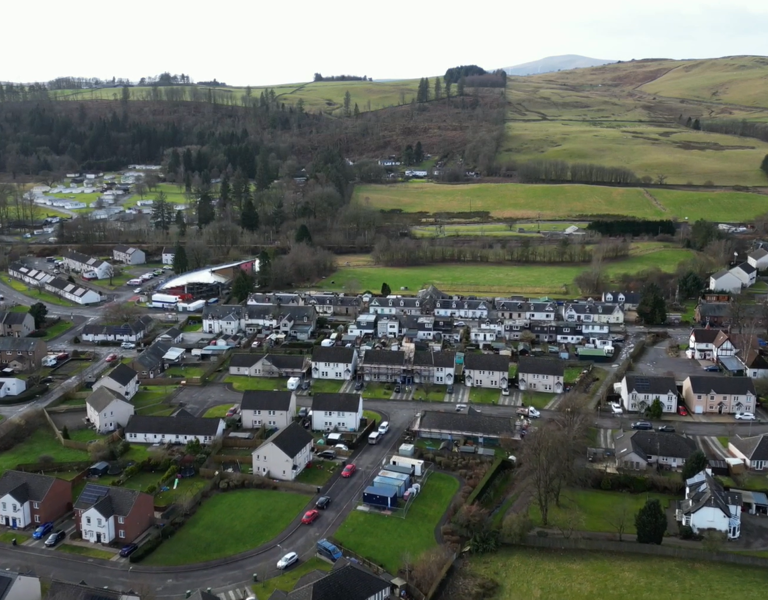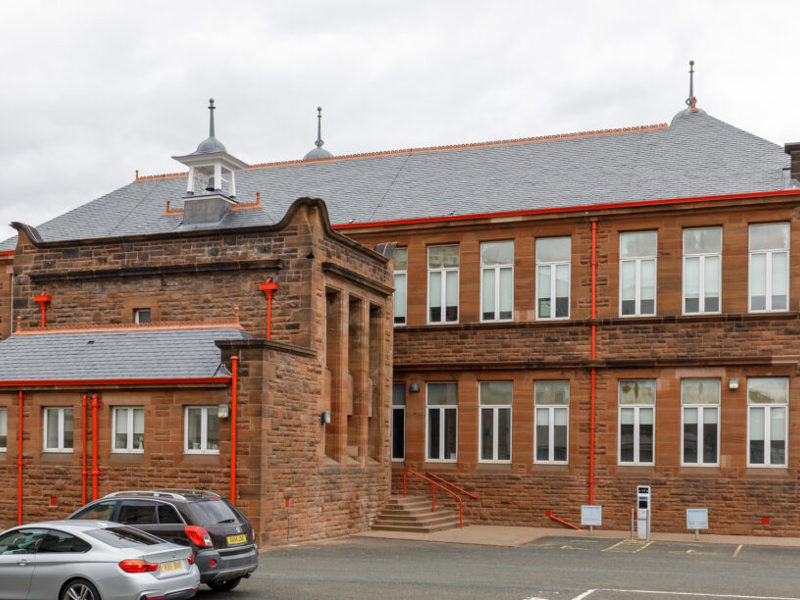The Project
In a groundbreaking UK-first initiative, Procast Group partnered with Loreburn Housing Association, John Gilbert Architects, and the University of Edinburgh’s School of Engineering on a pioneering retrofit study.
This innovative project aimed to revolutionise the retrofitting process, especially for timber-framed homes, while allowing tenants to remain in their properties throughout the work.
The study involved six properties, each receiving one of three retrofit variants. Features like External Wall Insulation (EWI), Air Source Heat Pumps (ASHP), and Mechanical Ventilation with Heat Recovery (MVHR) were implemented, combined with triple-glazed windows, solar panels and battery systems.
This unique approach also involved carefully dismantling and rebuilding the external brickwork to access and treat the timber frame skeleton, significantly reducing disruption to tenants and recycling materials to minimise waste.
Overview
The Approach
Careful planning and sequencing were at the heart of this project to maintain tenant comfort while delivering cutting-edge energy efficiency measures. Each wall was worked on in series, ensuring the properties remained habitable throughout the implementation.
Procast collaborated with key partners to develop a comprehensive retrofit solution that adhered to the AECB standard, addressing challenges like humidity control, temperature regulation, and energy efficiency.
To provide robust evidence of the project's impact, the University of Edinburgh are conducting a dual study. This included performance data collection and workforce skills analysis, aiming to inform future retrofit policy and promote adoption across the housing sector.
The Outcome
Although the study is still ongoing it showcases how retrofitting timber-framed homes can transform poor-performing properties into energy-efficient, comfortable living spaces.
Early results indicate a significant reduction in energy consumption, with one property seeing power usage drop from 41 kWh to just 10 kWh in a single month.
The project successfully:
• Avoided tenant relocation, reducing housing strain.
• Recycled bricks, minimising waste and carbon intensity.
• Should demonstrate the viability of achieving AECB standards for timber-framed properties.
• Has laid the groundwork for improved housing stock sustainability across Scotland.
By addressing critical housing challenges and building a statistical foundation for retrofitting benefits, this study has positioned Procast Group and its partners at the forefront of innovation in sustainable construction.



